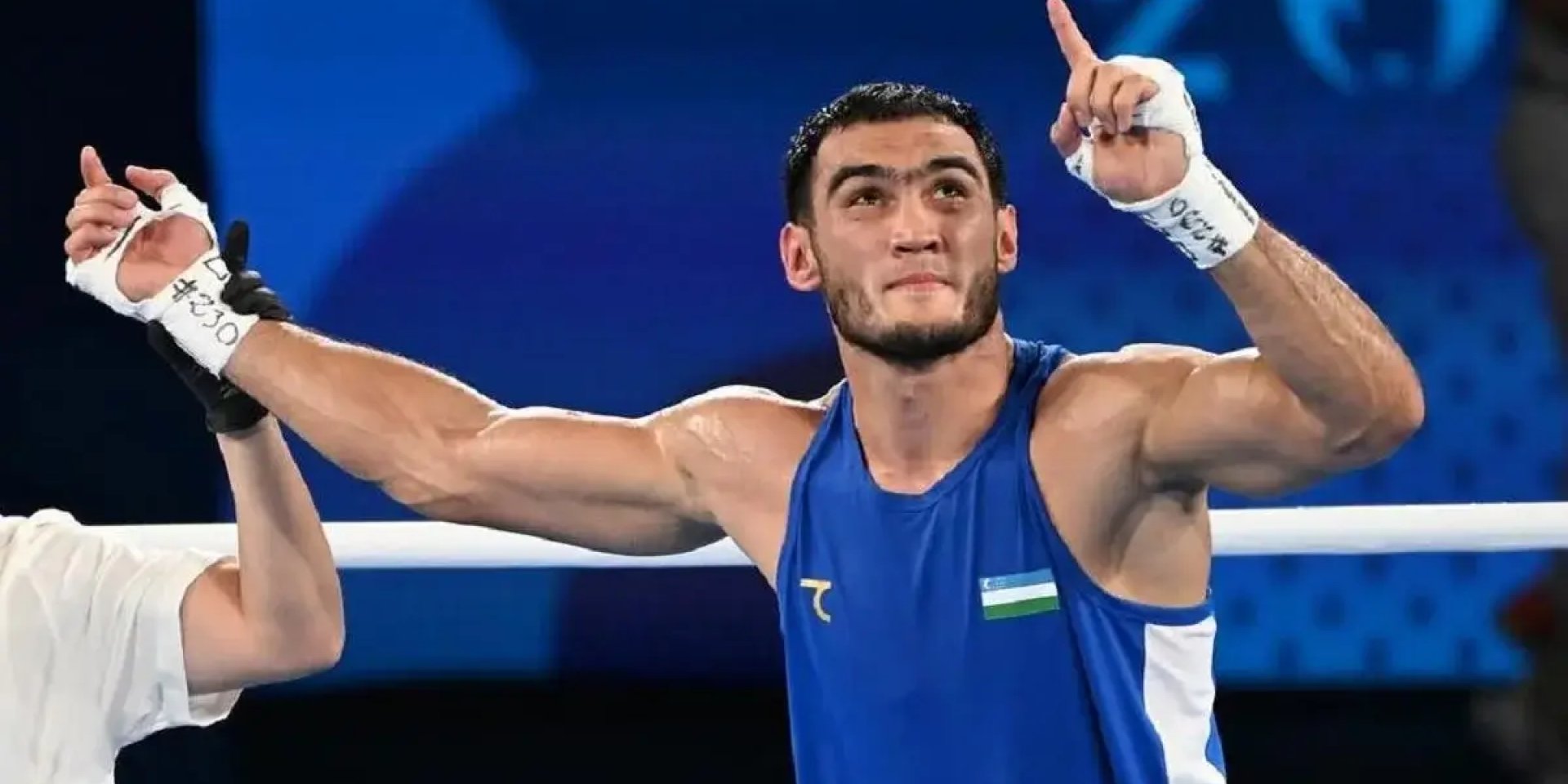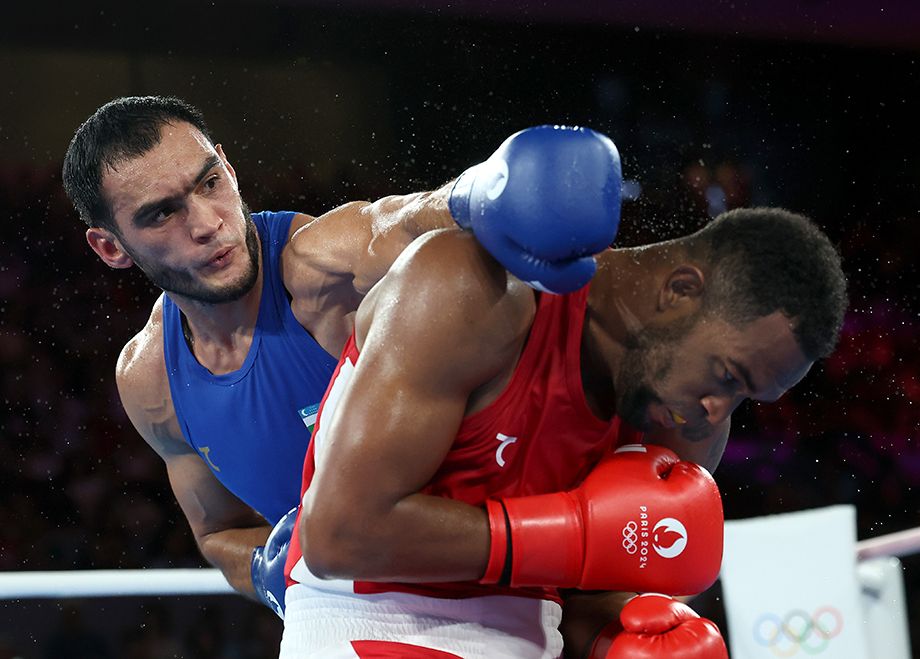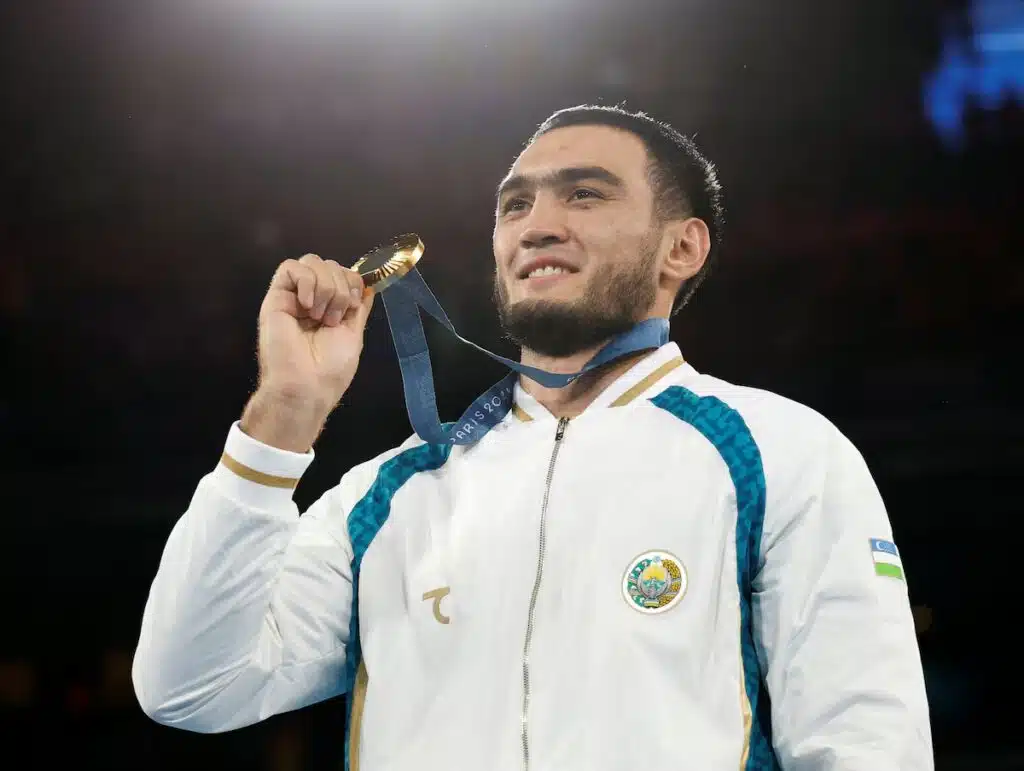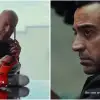
Olympic champion Lazizbek Mullajonov, until recently a model of professional discipline both inside and outside the ring, has found himself at the center of a doping scandal. What began as an innocuous clinic visit has turned into a major headache for the Uzbekistan Boxing Federation and a hot topic within the sporting community.
Rumors and a “Bombshell” on Social Media
After the start of the Paris Olympics, Mullajonov’s name suddenly surfaced in insider bloggers’ posts claiming that his “gold” faced genuine risk of annulment. One after another, sports pages cited a “leak” about a positive A-sample, stirring panic among fans.
The Federation’s Firm Stance
The Uzbekistan Boxing Federation responded swiftly, stating that the boxer “has nothing to reproach himself for”: all doping controls up to June had come back “zero,” as required by the WADA Code and the regulations of the International Testing Agency (ITA). It emphasized that the athlete has for years provided samples not only in-competition but also out-of-competition.
Lessons From the ITA’s June Sample

It was the June analysis that became the starting point for the investigation. The sample revealed traces of prohibited substances that, according to the World Anti-Doping Agency’s classification, belong to the group of anabolic steroids. It is too early to draw conclusions before the B-sample is opened, and the team’s lawyers are preparing all protocols for the hearings.
The Root of the Problem Lies in the Hair Roots
According to national-team doctors, the banned substances entered the athlete’s bloodstream during a post-Olympic hair transplant in a private clinic in Fergana. After the micro-operation, Mullajonov was prescribed a course of medication intended to accelerate follicle engraftment. It is in these drugs that a component conflicting with the prohibited list may have been present. Receipts, prescriptions, and trichologist reports have already been submitted to the ITA as mitigating evidence.
What’s Next: Possible Scenarios
- Acquittal. If the commission recognizes the existence of a “justified medical explanation,” Mullajonov will keep his title and avoid disqualification.
- Minimal Sanction. With partial fault, the suspension may range from six months to two years, but the Olympic “gold” would remain intact—WADA has precedents.
- Maximum Penalty. If intentional use of prohibited substances is proven, the medal will be stripped and a four-year ban imposed.
Bottom Line

While the anti-doping scales swing, Lazizbek Mullajonov continues to train within legal limits under expert supervision. The Federation is convinced that the incident will not cast a shadow over his Olympic achievement, but the final word will be delivered by the ITA. One thing is already clear: even outside the ring, victory often depends on how meticulously a boxer and his team read the instructions for their medications.








